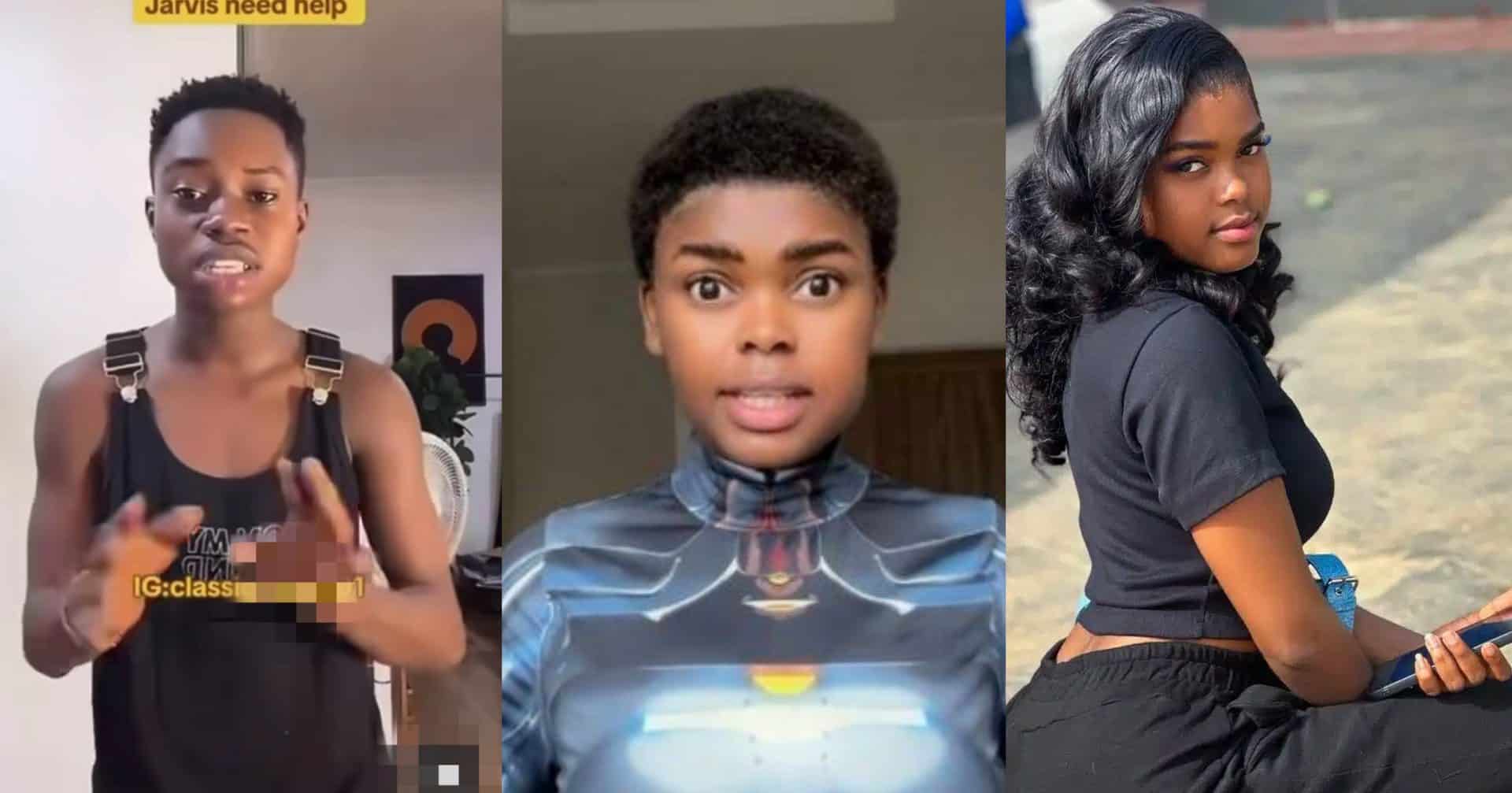Popular AI robot content creator Jarvis’s battle with a jawline tumor has sparked heated debate across social media platforms after fellow creator Peller revealed the substantial N30 million cost of her required surgery. The announcement, which included news of a GoFundMe campaign, has generated mixed reactions from the online community, particularly given both creators’ perceived financial success.
The health update comes after Jarvis previously disclosed her struggle with a progressively growing tumor on her jawline, a condition that has caused increasing concern among her followers. While Peller claims to have made a significant personal contribution toward the treatment costs, the decision to seek public funding has triggered intense discussion about social media influencers’ financial responsibilities and transparency.
Medical professionals weighing in on the situation have emphasized the serious nature of the condition. As one commenter with healthcare experience noted, “Salivary gland tumor no be wetin them dey use joke o,” highlighting the urgent need for proper medical intervention.
However, the fundraising approach has met with significant skepticism from social media users, many of whom point to the apparent disconnect between the creators’ public displays of wealth and their appeal for financial assistance. Critics have particularly focused on recent luxury purchases, with several commenters questioning the decision to seek public contributions while maintaining a lifestyle that includes expensive vehicles and other high-end acquisitions.
The controversy has sparked a broader discussion about content creators’ earnings and financial management, particularly regarding TikTok revenue. One user pointedly referenced claims about substantial streaming income: “I thought they said this guy makes 30k dollars on TikTok live stream lol,” highlighting the community’s confusion about the apparent disparity between reported earnings and the need for public fundraising.
The situation has also raised questions about appropriate communication strategies during health crises. Some observers have suggested that the messaging around the fundraising campaign could have been handled more sensitively. As one commenter noted, “Jarvis shouldn’t allow this boy speak on her behalf again in such critical case, there’s time for everything,” suggesting that the gravity of the medical situation demands a more measured approach to public communication.
The public reaction to the fundraising campaign reflects growing scrutiny of social media influencers’ financial transparency and accountability. Comments questioning the need for public funding while maintaining a luxurious lifestyle indicate a shift in how audiences view content creators’ responsibilities to their communities.
What makes this situation particularly complex is the intersection of personal health challenges with public persona management. While Jarvis’s medical condition requires urgent attention, the method of seeking financial assistance has inadvertently sparked debates about authenticity and responsibility in the content creation space.
The discussion has evolved beyond the immediate health concern to touch on broader issues within the creator economy, including questions about financial planning, transparency, and the relationship between content creators and their audiences. Some supporters argue that regardless of past earnings or spending, health emergencies can strain any individual’s resources, while critics maintain that successful content creators should maintain adequate emergency funds.
The controversy highlights the evolving dynamics between social media personalities and their audiences, particularly regarding financial matters. As content creators continue to navigate the complex landscape of public perception and personal crisis management, cases like this serve as important learning opportunities for the industry as a whole.
As the situation continues to develop, it raises important questions about how content creators should approach health-related fundraising while maintaining their public image and credibility. The community’s response suggests a growing demand for greater transparency and accountability from social media personalities, particularly when seeking public financial support.
The outcome of this fundraising effort may set important precedents for how content creators handle similar situations in the future, potentially influencing how the industry approaches the delicate balance between personal crisis management and public perception.



